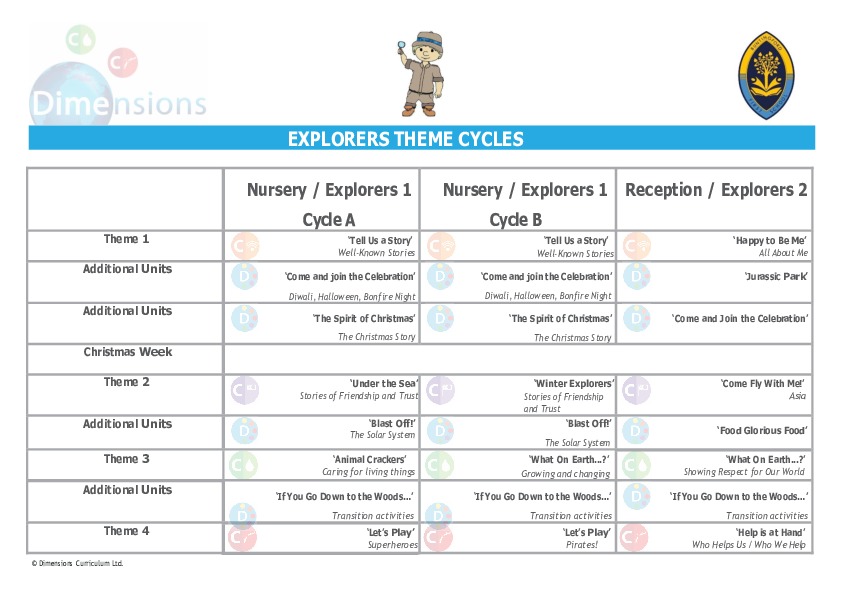EYFS Curriculum
At Buntingford First School, our Early Years (EY) curriculum is designed to provide a strong foundation for lifelong learning.
We follow the Early Years Foundation Stage (EYFS) framework, which focusses on supporting children’s development in their first stages of education, ensuring they are happy, curious, and confident learners. Our curriculum is play-based, which means children learn best through active exploration and hands-on experiences. We understand that each child develops at their own pace, and we strive to provide a flexible and adaptable learning environment that caters to the needs and interests of all children. Through our Early Years curriculum, we aim to instil a lifelong love of learning, laying the foundation for their educational journey ahead.
Our curriculum is based on seven key areas of learning which are split into two main areas: Prime areas of learning and Specific areas of learning:
Prime Areas:
Communication and Language
We believe communication is the foundation for all learning. In the Early Years, we focus on developing children’s listening, speaking, and understanding skills through stories, songs, and engaging conversations. Children are encouraged to express themselves confidently and learn new vocabulary in a supportive environment.
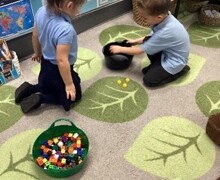 |
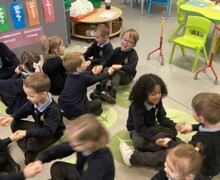 |
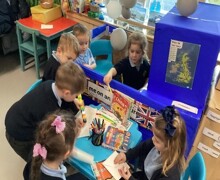 |
Physical Development
Physical development is vital for both health and learning. We provide opportunities for children to develop their fine and gross motor skills through activities such as painting, building, climbing, and outdoor play. Physical activity also supports their coordination and helps with developing self-confidence.
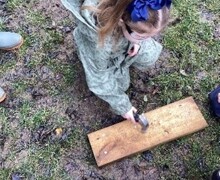 |
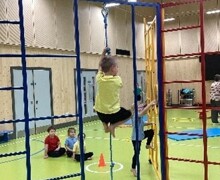 |
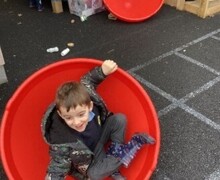 |
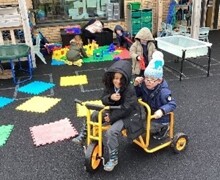 |
Personal, Social, and Emotional Development
We help children develop their emotional and social skills by building positive relationships and understanding their emotions. Children learn how to work as part of a team, share, take turns, and develop empathy for others. This area also supports their growing independence and self-regulation.
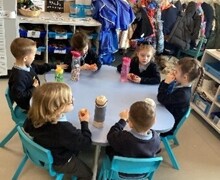 |
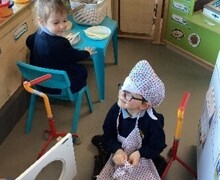 |
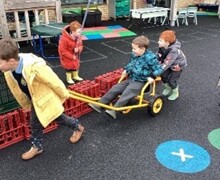 |
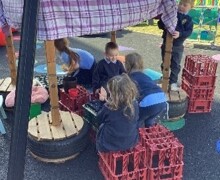 |
Specific Areas:
Literacy
Our Early Years curriculum emphasises the importance of early reading and writing skills. Through daily phonics lessons, children begin to recognise letters and sounds, build words, and develop the skills needed to read and write. We also foster a love of books and stories, encouraging children to explore different texts and engage with a variety of literacy activities.
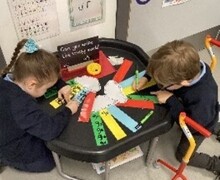 |
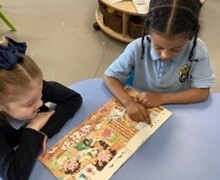 |
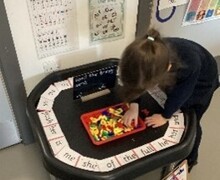 |
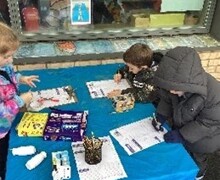 |
Mathematics
We focus on developing children’s understanding of numbers, shapes, patterns, and problem-solving. Using practical, hands-on activities and engaging games, children develop early number skills and begin to understand concepts such as measurement, counting, and simple addition and subtraction.
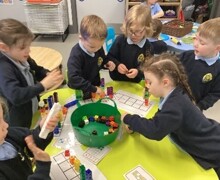 |
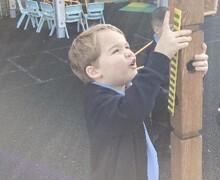 |
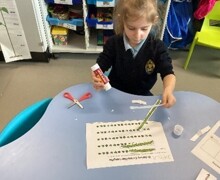 |
Understanding the World
Exploring the environment, understanding how things work, learning about different cultures, and discovering the world around us.
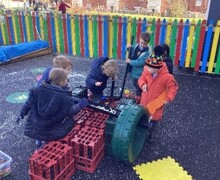 |
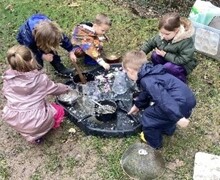 |
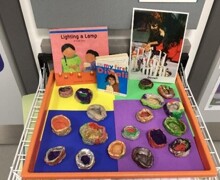 |
Expressive Arts and Design
Encouraging creativity through music, art, role-play, and imaginative play.
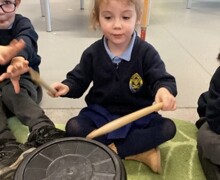 |
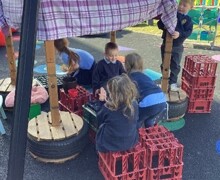 |
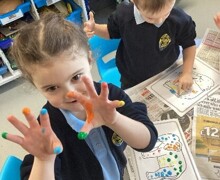 |
Curriculum Overview
